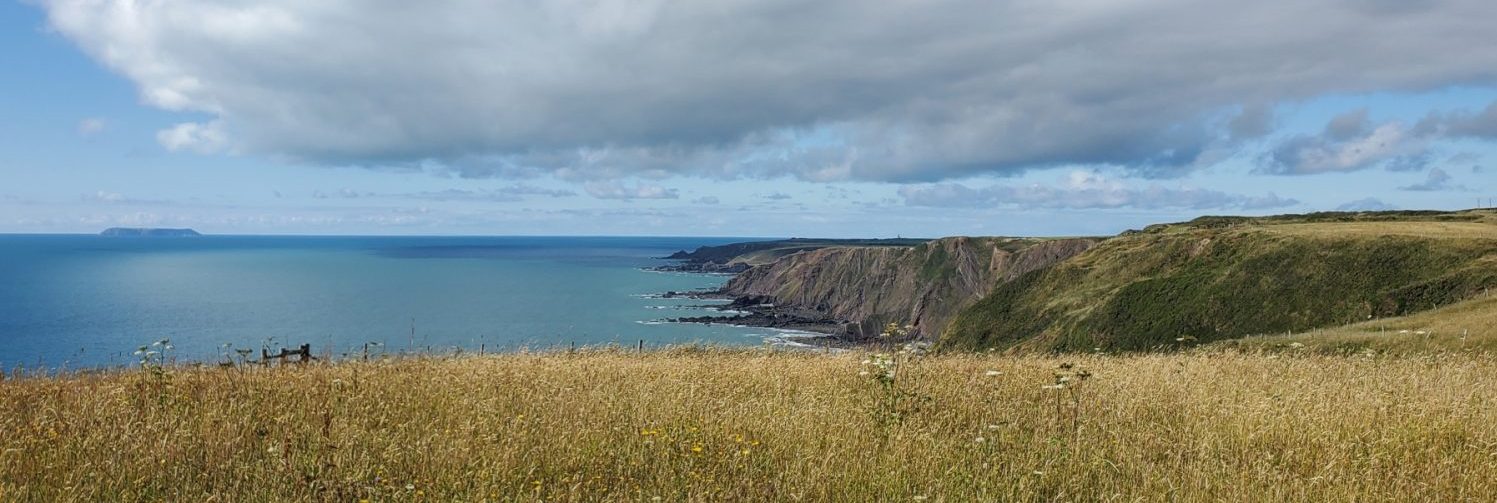An interlude of false innocence has passed. Today, as we enter the post-photographic era, we must face once again the ineradicable fragility of our ontological distinctions between the imaginary and the real, and the tragic elusiveness of the Cartesian dream. We have indeed learned to fix shadows, but not to secure their meanings or to stabilize their truth values; they still flicker on the walls of Plato’s cave.
– Mitchell, W. J. 1994
In our final topic of the module, we consider the photograph in relation to truth, reality and identity in the digital era. These concerns will of course continue to be important throughout the course, and in your practice beyond it.
Q. How have your ideas around ‘authenticity’ and ‘truth’ evolved as your photography has become more sophisticated?
A.
Q. Have you ever ‘designed events to be photographed’? Or have you ever been aware that your presence, with a camera, has had a direct influence on a turn of events that might otherwise not have happened, had you not been there with a camera?
A,
Consider your practice in relation to this topic’s presentation and reading:
Q. how do notions of truth, reality and authenticity feature in your research project?
A.
Select a single image from your project and post it to the forum below. Accompany this with a short, written reflection. You may wish to mention technical choices, methods and workflows, or how contextual research relates to your practice.
Consider how your ideas around photography’s relationship with reality and truth might have changed as your practice has evolved:
Q. Has image manipulation ever been a significant part of your practice – professional or otherwise?
A.
Q. Have you ever questioned this?
A.
Q. Do you have a particular stance?
A.
Q. Have you ever consciously constructed an image, or a sequence of images, to try to portray a persuasive, positive impression, maybe market a product or construct a reality you were not entirely at ease with?
A.
Q. Did you learn anything through that experience?
A.
Q, Have you ever, as Sontag put it, “designed events to be photographed”?
A.
Q. Have you ever been aware that your presence, with a camera, had a direct influence on a turn of events which might otherwise not have happened?
A.
